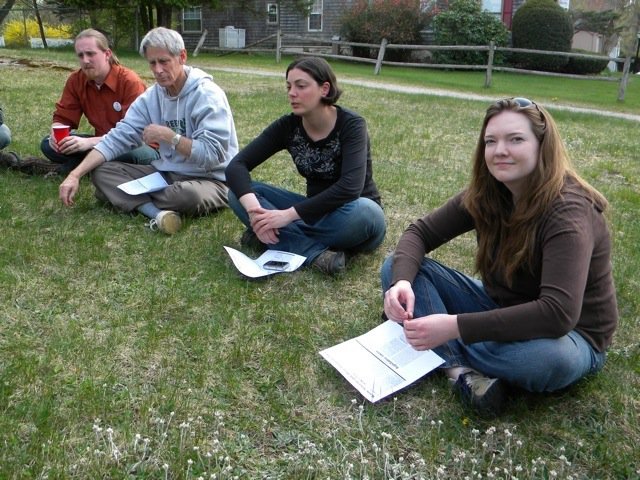Campaign Tips
Campaign Strategy
Without a working strategy, a campaign will turn into unplanned reactions to unanticipated events. The strategy defines the aims and shows how they can be achieved. A well planned and managed campaign can be flexible as the campaign grows or shrinks. Make sure from the outset that the structure of the campaign can handle growth.
Doing Your Homework
The more we know about voters’ attitudes, desires, fears and demands, the more we know about how and when to reach them with our messages. The better we plan campaigns, the better we minimize uncertainties and tailor our messages more precisely.
Crafting Your Message
The right message is probably the most important task in a political campaign. What do we have to say? What is the key argument to convince voters in the short and precious time that they give us?
Planning
Make an internal campaign calendar which gives an overview of when to do what, from the preparation of the campaign (e.g. deadline for publication & printing) up to election day. Choose what kind of actions you want to do at strategic places and times.
Working With Volunteers
People who do volunteer work contribute a range of individual competencies: know-how, social skills and the ability to motivate others. They are opinion multipliers within a campaign. The diversity and creativity of volunteers can add to the value and success of a campaign. The broader the supporter base, the higher the campaign's credibility.
Canvassing
In a campaign, media advertising or poster and leaflet distribution are no substitute for direct contact. Door-to-door canvassing is one of the most important forms of direct marketing. It is time-consuming but it is effective. Door-to-door campaigns are always worth doing even if we are inexperienced. Visual impressions are important when directly contacting a voter. Focus not only on the verbal message but on non-verbal signals: appearance, gestures, facial expression, breathing, attitude, tone of voice, etc.
Targeting Voters
Determining which voters to communicate with and what messages to use is called ‘targeting’. A campaign can never reach all people equally. The resources available (volunteers and financial resources) are limited. We never have enough of either. Targeting helps campaigns conserve resources while maximising their impact.
Finances
The treasurer of a campaign should always be a well respected person. Get an overview of what you need and what you have. The best way to start a new budget plan is to look for an old one. What did you spend in your last campaign? What happened then? Where did you get your money from? Study and know the laws governing campaign fundraising and expenditures.
Green Youth; Green Future
As multiple election studies have shown, younger voters are more likely to consider a vote for the Green Independent Party. Engaging youth before and during elections contributes to the success of a campaign. Sharing of information, mutual consultation and a clear and detailed agreement are essential. Guide them as much as possible by providing basic training in campaigning, debating, addressing voters, etc.
Approaching the Finish Line
Reserve energy for the last week before polling day. It is only then that many voters decide who to vote for. A last-week campaign offensive is crucial.
Making a Difference
Regardless of the election results, you have made a difference. Take pride in the impact you have made on the electorate and your opponents in steering political discourse in a new direction.
The Campaign Is Never Over
Election Day is behind you. Votes have been cast, victories celebrated and defeats mourned. For the Green Independent Party, the campaign is never over. We must work harder and more relentlessly than the major parties we seek to wrestle from power. We aren't funded with corporate money. Walking the talk takes dedication and perseverance.
Preparing the Next Campaign
Regardless of the election results, focus on the next elections as soon as you’ve caught up on the sleep you’ve been craving for. Some of our elected officials have run numerous campaigns and lost, before eventually winning. Voters become more familiar with you as a candidate each time you run, and you also develop and improve your skills in reaching out to people and understanding their concerns.
The first step in preparing your next campaign is evaluating the one that just ended. Talk to others who can point you to flaws or successes that you yourself might not see.
